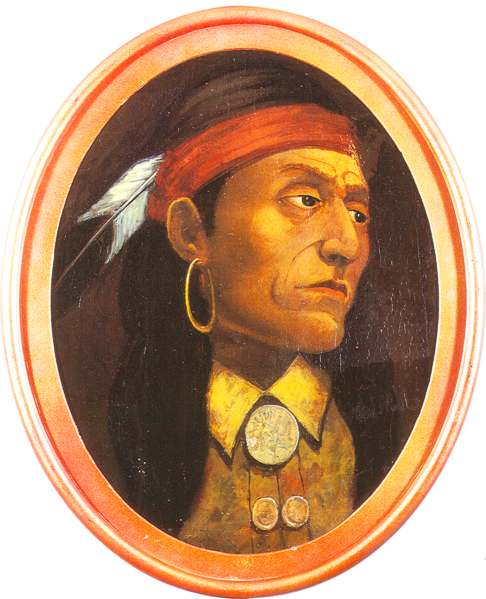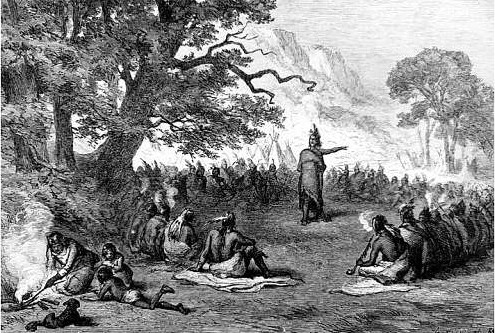Pontiac was an Odawa First Nation war chief who fought with the french during the Seven Years War. Him and his people were alarmed by the change in Power in North America. Despite this, Pontiac tried to build relationships with the British. However, after he discovered that his people weren't being treated with the respect that the French gave them, he decided to revolt.

The Fight lasted from 1762 - 1766. During this time 9 out of the 12 British forts were quickly taken over. The only forts they did not take over were Fort Detroit, Fort Niagara, and fort Pitt. During the fight it was clear that the War was one-sided. After 1764, there was no fighting. Instead, peace negotiations had begun.

Despite the Royal Proclamation being written ~240 years ago, it still has it's effects on society today. In 1996, an orginization titled the Royal Commision on Aboriginal Peoples reported that this Proclamation "portrays Indian nations as autonomous politicalentities, living under the protection of the Crown but retaining their own internal political authority." Coupled with a couple court cases and even a supreme court case where the defence of the Royal Proclamation of 1763 is used and it is clear how it affects our world today.
The Royal Proclamation is their rights. It's the law that gives them the rights to the land that they owned in the first place. Nowadays, their land rights don't seem to be considered that much by the Government, which is why these legal disputes happen. Luckily, the Royal Proclamation is referenced in section 25 of the Constitution Act of 1982 making the Royal Proclamation law in todays courts.
